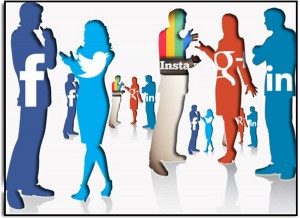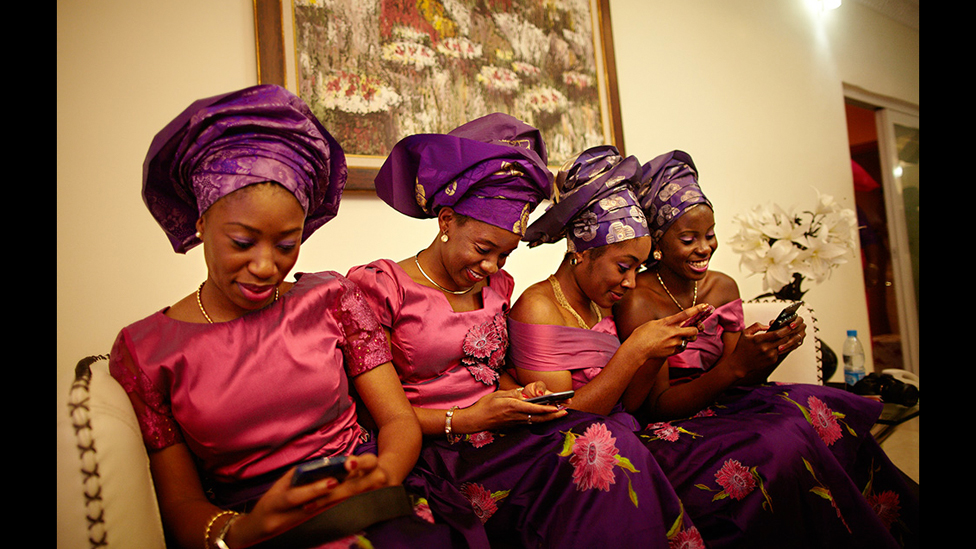Understanding Africa’s Mobile and Social Media Storm
According to experts’ analysis the year 2014 is going to be the year when mobile internet use surpasses desktop computer internet use; thereby ushering in the mobile-age and the end of days for the computer-age.
But that analysis is rather a general outlook of the global internet use. The growth of internet use on the African continent fast evolved from the computer-age to the mobile-age at unprecedented rate. Africa can be said to have embraced the mobile platform faster compared to other world internet-use markets. Users in Africa are accessing the internet more frequently on their mobile devices compared to the traditional desktop computers and laptops.
 African browsers are using their mobile devices (feature phones, smartphones and tablets) to access the internet. Mostly to connect with families and friends on social media; the leading social media being (of course) being Facebook.
African browsers are using their mobile devices (feature phones, smartphones and tablets) to access the internet. Mostly to connect with families and friends on social media; the leading social media being (of course) being Facebook.
Facebook has taken the African continent by storm and has even taken to aggressively campaigning to register more users across Africa.
Through partnerships with local telecom operators; a move set to encourage more Africans to connect to the internet with Facebook being their first point of interaction with the internet.
According to a recent research report tabled by Balancing Act, (a major market researcher), surveying four African countries on their use of social media. (During the period of conducting this research, WhatsApp was not included in the questionnaire). The four African nations surveyed revealed that Africans use social media at least once per day.
The table below shows the leading social media platforms in Ghana, Nigeria, Senegal and Tanzania:
From the table above, we can conclude that Facebook is by far the leading social media in Africa. Followed by a wide gap by Google+ that often comes in at second or third place across the different countries.
The only regional social media that is somewhat popular is South Africa’s 2Go which is quite popular in Northern Nigeria.
The francophone country, Senegal has a wider range of different social media platforms some of which are completely nonexistent in other countries. But still Facebook and Google+ remain the most dominant social media platform.
YouTube considered to be quite heavy on bandwidth is performing better in Senegal, coming in at position 3. This is attributed to the country’s low cost and fast internet connectivity.
Twitter only has a greater impact in Tanzania coming in at position 2 in the country. However, most people consider Twitter to be for the “opinion formers”.
Nicola D’Elia, the Head of Growth and Partnerships, EMEA, Facebook, speaking to Russell Southwood on AllAfrica.com said:
“We recently announced that we have 100 million users in Africa. The biggest country markets are Egypt, Nigeria and South Africa, very much in line with population size. In sub-Saharan Africa, 90% of that use is on mobile, and that is at the core of our strategy.
The strategy is focused on growth (adding new members) and engagement (increasing time spent on the platform)… We want to help mobile operators provide a good data journey. The balance of costs vary between ourselves and the operators. They can help us reach non-Facebook users and provide technical support, and we can provide insights at the aggregated level.
Affordability is a barrier to access. Facebook tends to be the first service many access, so we are using several models with different partners to overcome cost barriers. We want to impact on their numbers and come up with the right products.”
Some of Facebook initiatives to widen its grasp on the African continent include Facebook Zero (0.facebook.com) and Internet.org.




